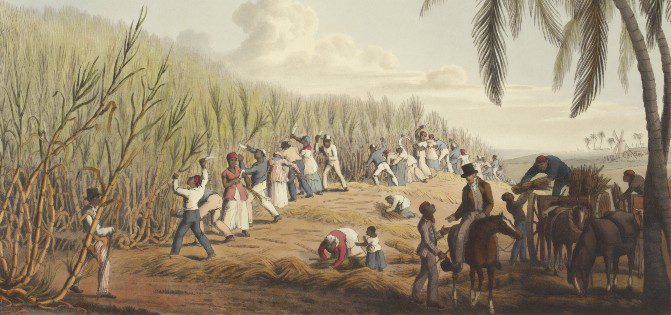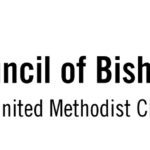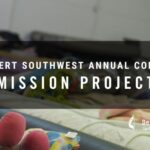by Rev. Matt Ashley, South District Missional Strategist and Superintendent
Swing low, sweet chariot, coming for to carry me home;
Swing low, sweet chariot, coming for to carry me home.
Imagine how these words sounded when enslaved people working the cotton fields in the Old South poured out their hearts in song. Black spirituals developed organically as heartfelt expressions of pain, longing, and hope in the face of intolerable cruelty and torture. They are among the many treasures we celebrate during Black History Month.
“Swing Low, Sweet Chariot” is found in the 1989 United Methodist Hymnal (#703). The hymnal lists its scripture reference as 2 Kings 2:11. The passage describes the final conversation the prophet Elijah has with his protégé Elisha, before “a chariot of fire and horses of fire separated the two of them, and Elijah ascended in a whirlwind into heaven.”
You can imagine the power of this biblical story to Black people enslaved by cruel masters who struggled daily not to give in to despair. Freedom must have seemed far off and unattainable, but slaves found hope and courage in this image of God’s power, grace and deliverance.
In his 1845 memoir, Narrative of the Life of Frederick Douglass, Douglass wrote: “[Enslaved people] would make the dense old woods, for miles around, reverberate with their wild songs, revealing at once the highest joy and the deepest sadness. They would compose and sing as they went along, consulting neither time nor tune… Every tone was a testimony against slavery, and a prayer to God for deliverance from chains.”
Who composed the words to “Swing Low, Sweet Chariot”? Some people say a married couple who were slaves at a school in Oklahoma. Others say a desperate mother on a plantation in Tennessee who didn’t want her newborn daughter to be sold to another plantation. The hymnal simply lists the song as an Afro-American spiritual, its author or authors left anonymous. Slavery stole many things from Black people, including credit for the creative and prophetic genius of the spirituals.
Many Black people left the spirituals behind after Emancipation as another painful memory they’d rather forget. Many were likely never recorded and thus lost to history. Masterpieces such as “Swing Low, Sweet Chariot” were only finally preserved because of fledgling Black colleges and universities like Fisk University in Nashville, Tennessee.
Needing desperately to raise funds to build their endowments, the universities formed student choirs to travel across the United States and Europe singing the old slave songs for delighted white audiences. Whether those audiences felt convicted for the cruelty of slavery I cannot say, but they were moved to donate generously. Just as important, songs that might have been forgotten were preserved.
A 1909 performance of “Swing Low, Sweet Chariot” by the Fisk University Jubilee Singers is apparently the earliest known recording of the song. You can find the recording on YouTube if you care to listen to how the song might have sounded in the cotton fields of Mississippi.
The author Kaitlyn Greenidge wrote a wonderful article entitled “Black Spirituals as Poetry and Resistance” that was published in the New York Times on March 5, 2021. If you’re interested, it can be found at: https://www.nytimes.com/2021/03/05/t-magazine/black-spirituals-poetry-resistance.html.
We live in difficult times, and these prophetic voices of the past can give us strength, encouragement, and courage as we face the troubles of the day. But the prophetic witness of Black voices didn’t stop with Emancipation. Today God is speaking to the Church through Black voices and the voices of other people of color. If we are wise, we will listen so that we may find hope for a new and different future.
Thanks for listening –
Matt






